 The teeming streets of Flushing, Queens, can feel like a different country.
The teeming streets of Flushing, Queens, can feel like a different country.
A booming Chinese population exists alongside a longtime Korean enclave. On a recent afternoon, the sidewalks were jammed with shoppers browsing and haggling in stores offering everything from iPhones to herbal remedies. Stalls selling fragrant dumplings and tea shops did a brisk business.
Day trippers from Manhattan or the suburbs often come to eat and shop here on weekends, savoring the broad array of foods and products available. But to some, the area can feel a little too foreign.
City Councilmen Dan Halloran and Peter Koo are drafting legislation that would require store signs in the city to be mostly in English. They say police officers and firefighters need to be able to quickly identify stores.
The change also would protect consumers and allow local shops to expand outside their traditional customer base, the council members argue. But merchants say it would be an unnecessary and costly burden on small businesses and would homogenize diverse pockets of the city that cater mostly to immigrant residents.
“People must respect that this is a special area and please respect the Asian culture,” said Peter Tu, executive director of the Flushing Chinese Business Association. “They have their own life in this area. When you walk in the street, you don’t feel like you are in America.”
Two bills are pending in the council to change language on store signs. One, introduced in May, would authorize inspectors with the city Department of Consumer Affairs to enforce a little-known state law that requires businesses to display their names in English. The second bill, which will be introduced later this summer, would stipulate that the sign should be at least 60 percent English. Businesses would have four years to comply, after which they’d face fines starting at $150.
“This is designed for public safety, consumer protection and to start increasing the foot traffic into the stores,” Halloran said.
The law on the books — passed in 1933 and dubbed the true name bill — classifies a violation as a misdemeanor but is not enforced. Its primary intent was to protect creditors and consumers from fraud by informal stores that popped up during the Great Depression.
The president of the Flushing on the Hill Civic Association, David Kulick, said store signs provoke different concerns these days, mostly from longtime residents who find it insulting or off-putting when they can’t read them.
Assemblywoman Grace Meng said she’s heard many of those complaints. She started a task force on the issue last year and supports the council legislation.
“The heart of the issue is not just about an English sign,” Meng said. “They don’t feel like they can communicate in their own neighborhoods.”
The issue has cropped up before in the district.

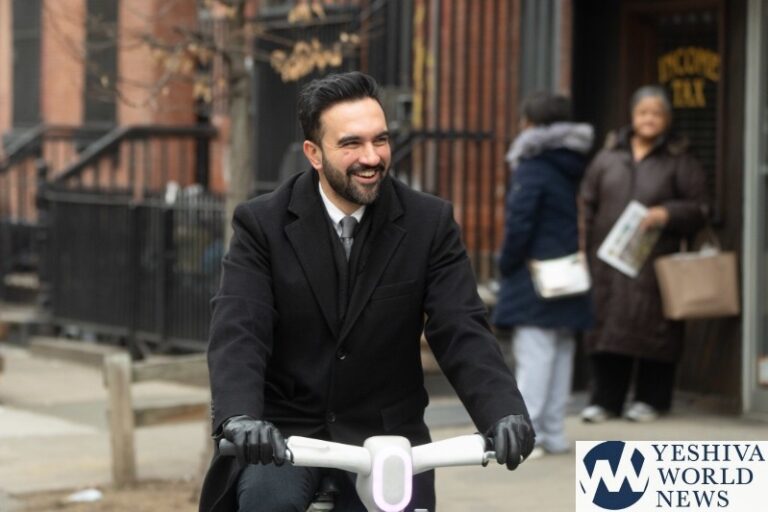
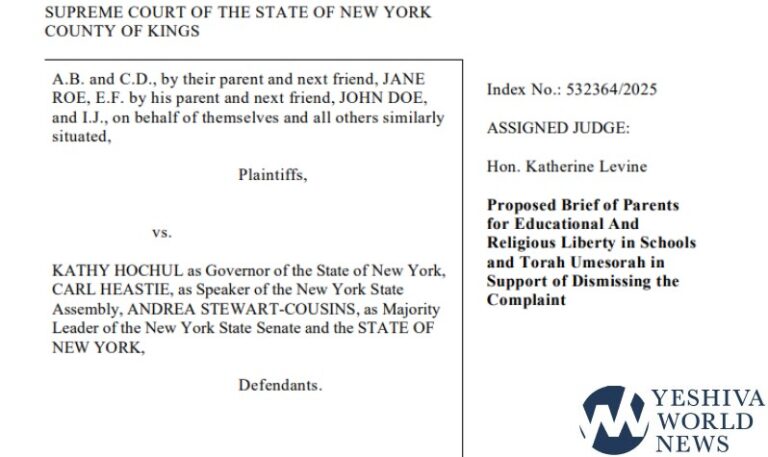

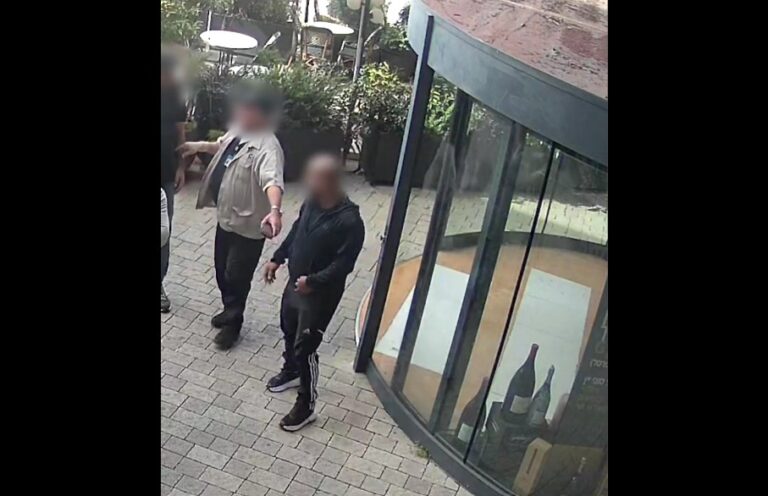


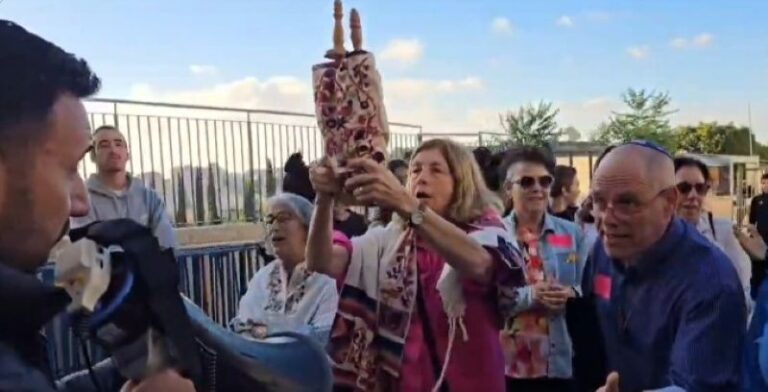

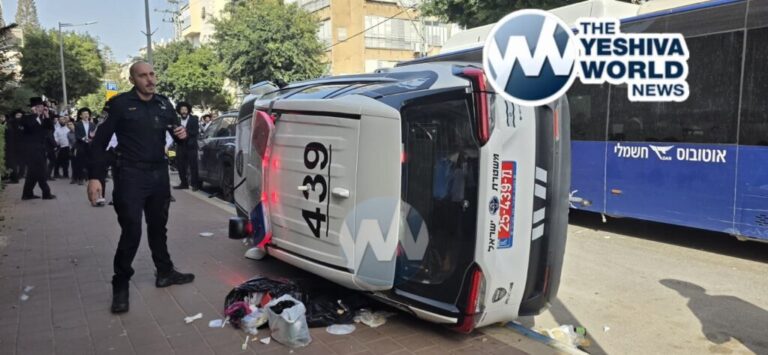

7 Responses
I hope they include the stores in Willimasburg and Monroe as well
If want to use Yiddish or Hebrew, we should be allowed to.
If a merchant has no signs in English, they obviously want patronage only from their own group. Only emergency signs such as “EXIT” need to be in English.
And this has to do with Klal Yisroel? Wish YWN would stick to Jewish related issues. I am yet to see the corelation between this article and the Jewish Community?
This is about bigotry and has nothing to do with public safety. “china towns” and other ethnic areas have always had their signs in their native language this is what adds to the flavor for tourists.
this law not only affects Little Korea in flushing but the Israeli, Russian, Spanish Greek etc. neighborhoods of NY. So to the NY law makers, spend more time on balancing the budget and stop wasting our tax money on nuisance laws like the one you are proposing.
No. 3: You have set some kind of record for failure to understand history, not to mention the present. Have you never seen photographs of Jewish neighborhoods in the early 20th century America? Many shops had signs in Yiddish, in the Hebrew alphabet.
The current proposal is clearly a crass attempt to destroy the special character of many neighborhoods of immigrants. I am fluent in only one language, and yet there is nothing more endearing about New York, nothing more American about New York, than the signs in foreign alphabets throughout the City.
The only legitimate public interest served by the proposed law is the need of the fire and police departments to have addresses clearly displayed on buildings, and that can easily be done, without requiring an overhaul of the signage throughout the City. And just to remind you about where the numbers or our buildings come from, they are (gasp) Arabic numerals.
Think about it: when the first pizza parlor opened in New York, would the product have ever caught on if the store had to put up a sign about flat dough, tomato sauce, cheese from Parma, cheese from Rome, all spiced with marjoram?
And what’s the English word for bagel? Circular, boiled high-gluten flour roll, with peek-a-boo window?
And who would order a kasha knish if he/she had to ask for a flakey pastry stuffed with buckwheat groats? I’m going to the Coffee Room to start a thread on this topic.
#3
This law will also affect stores in Boro Park, Monsey, and Williamsburgh as well as Flushing.